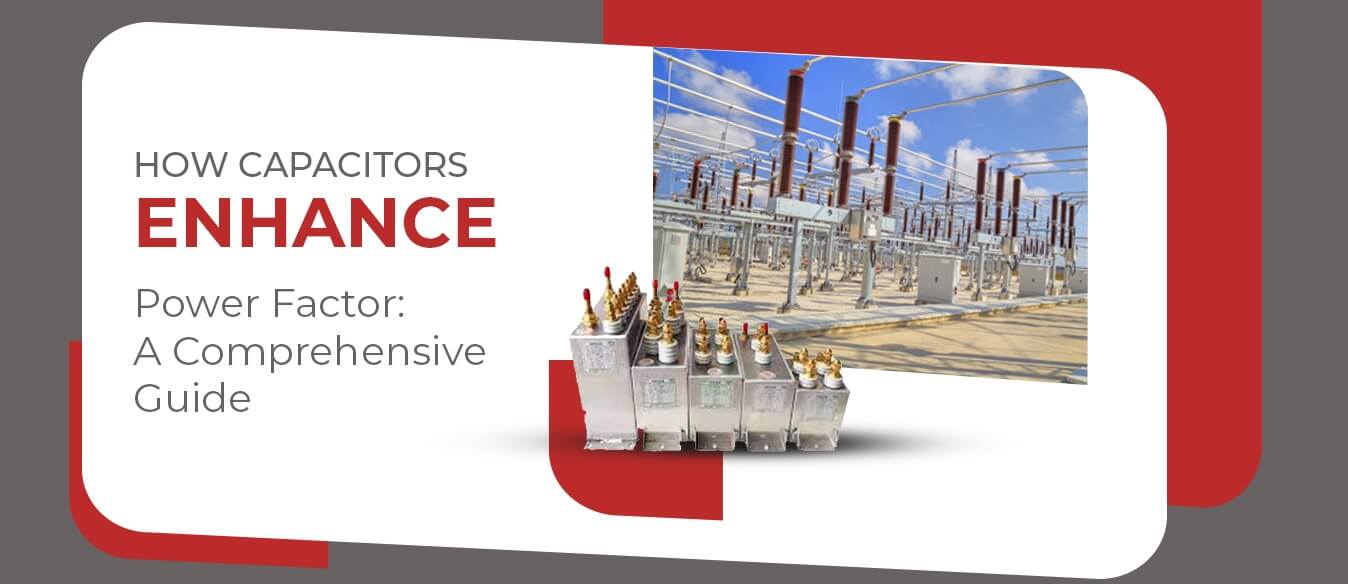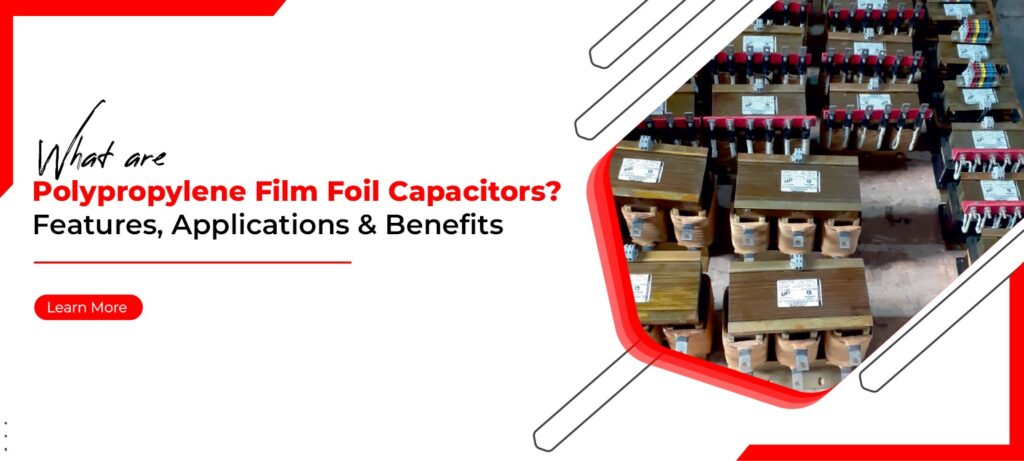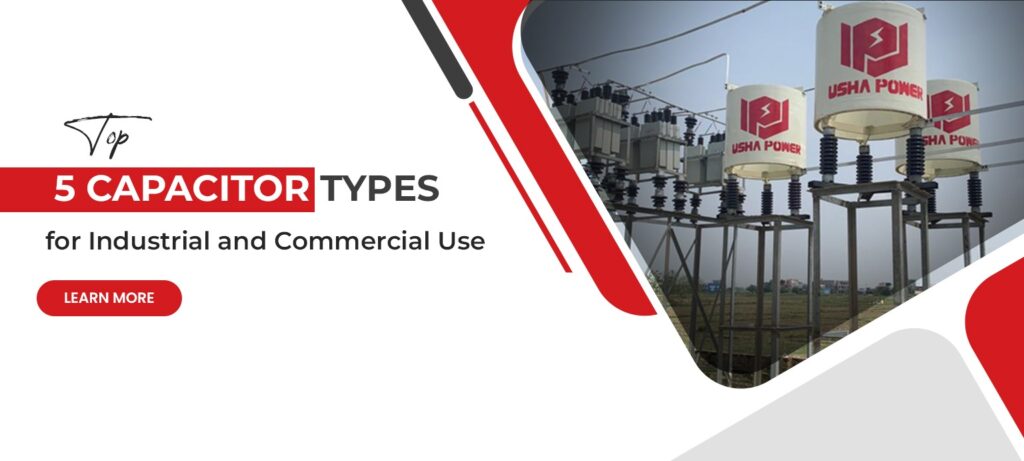Welcome to our comprehensive guide on how capacitors enhance power factor, specifically tailored for the industrial and commercial sectors. Power factor correction is a critical aspect of optimizing electrical systems in these sectors, as it directly impacts energy efficiency, operational costs, and equipment performance. In this article, we will delve into the fundamentals of power factor, explore the role of capacitors in power factor correction, and highlight the significant benefits they offer for industrial and commercial businesses. Let’s dive right in!
1) Understanding Power Factor in Industrial and Commercial Settings:
Power factor plays a crucial role in the industrial and commercial sectors, where electrical systems often have a mix of inductive loads such as motors, transformers, and other heavy machinery. In these settings, a low power factor can result in inefficient energy usage, increased electricity bills, and reduced equipment lifespan. Understanding power factor is the first step toward optimizing electrical systems for improved performance.
2) The Role of Capacitors in Power Factor Correction:
Capacitors are indispensable components in power factor correction techniques for industrial and commercial sectors. They provide reactive power to counterbalance the reactive power drawn by inductive loads. By strategically placing capacitors in the electrical system, businesses can mitigate the adverse effects of low power factors, leading to enhanced energy efficiency and cost savings.
3) Capacitive Power Factor Correction Techniques:
Capacitive power factor correction involves installing capacitors in parallel with inductive loads to offset their reactive power requirements. This technique effectively decreases the total reactive power demand from the electrical grid, resulting in a higher power factor. Industrial and commercial businesses can employ various capacitor configurations, such as individual capacitor units, banks, or automatic power factor correction systems, depending on their specific needs and load characteristics.
4) Benefits of Capacitive Power Factor Correction in Industrial and Commercial Sectors:
Capacitive power factor correction in industrial and commercial sectors offers several compelling benefits. These include:
a) Energy Cost Reduction:
One of the most significant advantages of capacitive power factor correction is the reduction in energy costs. By enhancing the power factor, businesses can minimize the reactive power flow, which results in lower line losses, decreased voltage drops, and improved overall energy efficiency. This translates to substantial savings on electricity bills, making it a financially attractive solution for industrial and commercial sectors.
b) Improved Equipment Performance:
Low power factors can strain electrical equipment, leading to decreased performance, increased heat generation, and premature failure. By implementing capacitive power factor correction, businesses can alleviate the excess burden on equipment, resulting in improved performance, reduced downtime, and extended equipment lifespan. This, in turn, increases operational efficiency and reduces maintenance costs.
c) Enhanced System Capacity:
Power factor correction with capacitors increases the overall capacity of electrical systems. By reducing reactive power demand, capacitors free up capacity for additional loads or expansions without the need for costly infrastructure upgrades. This flexibility allows businesses to maximize the utilization of their existing systems, accommodate future growth, and optimize resource allocation.
d) Compliance and Avoidance of Penalties:
Many utility providers impose penalties and charges on businesses with low power factors due to the strain it places on the electrical grid. Capacitive power factor correction helps industrial and commercial sectors maintain a higher power factor, ensuring compliance with regulations and avoiding penalties. By implementing this solution, businesses can protect their bottom line and improve their relationship with utility providers.
The Bottom Line
In conclusion, capacitors play a pivotal role in enhancing power factor and optimizing electrical systems for industrial and commercial sectors. By implementing capacitive power factor correction techniques, businesses can achieve significant benefits, including energy cost reduction, improved equipment performance and lifespan, increased system capacity, and compliance with regulations. Embracing power factor correction with capacitors is a proactive step toward maximizing efficiency, reducing costs, and ensuring a sustainable future for industrial and commercial businesses.
Remember, by enhancing power factor through capacitor-based solutions, you can power your business toward success, efficiency, and profitability.
If you are looking for capacitors specifically designed for industrial and commercial purposes, Usha Power is the name you can trust. As a leading provider of high-quality capacitors, Usha Power offers a wide range of reliable and efficient solutions tailored to meet the unique needs of industrial and commercial sectors. With our extensive expertise and cutting-edge technology, Usha Power capacitors can help you achieve optimal power factor correction, leading to enhanced energy efficiency, improved equipment performance, and cost savings. Whether you require individual capacitor units, capacitor banks, or automatic power factor correction systems, Usha Power has the perfect solution to power your business towards success.




